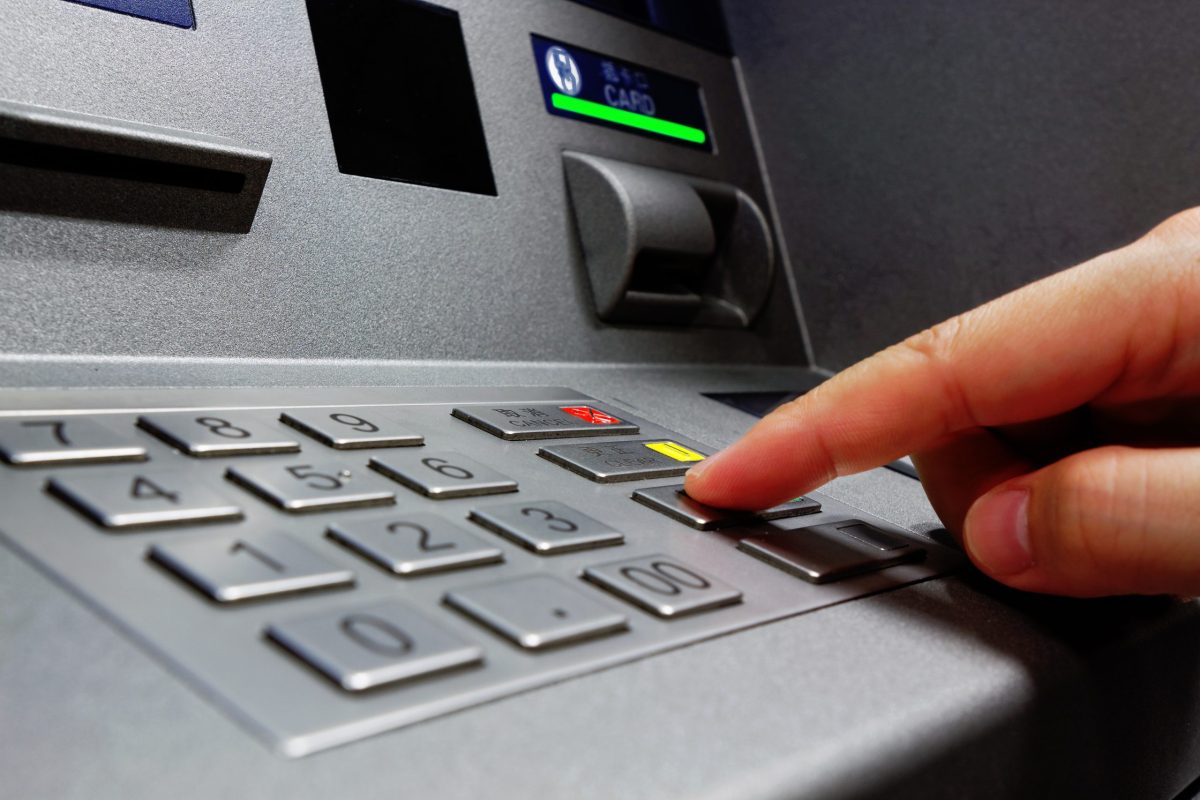Government to consider giving Central Bank powers to regulate ATM operators

The Government is to consider giving the Central Bank powers to regulate the operators of ATMs.
It comes after concerns were raised by the Central Bank that three out of every four ATMs in Ireland are now owned and operated by unregulated cash distribution companies due to a massive shift towards outsourcing by retail banks.
Central Bank has called for a wider social-policy discussion on the future of cash in the banking system. In a submission to a consultation on the Department of Finance’s review of retail banking, the regulator said that cash remained “an important means and choice of payment” for consumers.
“We believe that it is important that it remains as a central part of the payments system,” the bank said.
The submission pointed to a number of recent developments that had affected access to cash for customers:
- Retail banks selling their offsite ATMs to independent ATM deployers (IADs),
- Retail banks outsourcing their secure transit of cash to third parties – with such activity now largely handled by a small number of cash-in-transit (CIT) firms,
- The withdrawal of Ulster Bank and KBC from the market, and
- Retail banks closing bank branches, and withdrawing cash and other in-branch services.
The Central Bank estimated that only 25% of Ireland’s ATM network would be owned by retail banks by the end of this year, compared with 100% in 2015.
It pointed out that 75% of ATMs were under the control of unregulated IADs, while the two biggest CIT operators had a market share of around 95%.
It said one of the key questions to be considered was whether IADs and CIT firms should be regulated, as the secure transit of cash and ATM operation were “critical functions” in the provision of access to cash services.
AIB recently reversed a decision to turn 70 of its branches into cashless outlets, after public and political criticism.
The regulator pointed out that other countries had made legislative changes, and implemented other interventions, to ensure ongoing access to cash and in-branch services.
The Central Bank said that the use of cash had been declining in Ireland in recent years – in particular during the pandemic period.
It estimated that, while the value of ATM withdrawals now stood at about two-thirds of pre-pandemic levels, they remained relatively stable at around €1 billion per month.
The regulator said that cash played a key role in ensuring that the needs of some consumers were served – particularly those without access to a bank account, those digitally marginalised, and those who were vulnerable.
“It also represents a critical contingency in the event of electronic-payment system failures,” it added







